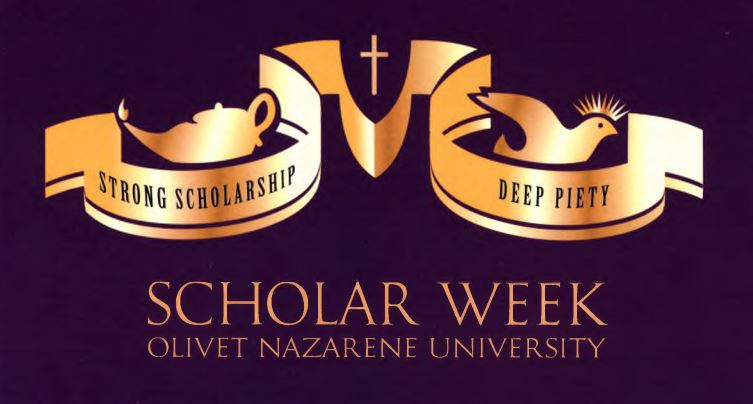Investigating The Relationship Between Student Leadership, Identity Formation, And Motivation To Lead In Traditional Undergraduate College Students.
Abstract
This study expanded upon previous research and investigated a possible relationship between the theoretical domains of identity and motivation, and the practical domains of leadership and leadership development, in traditional undergraduate college students, in order to gain insight and recommend improvements to student leadership programing. The researcher used the Ego Identity Process Questionnaire (EIPQ), the Motivation to Lead Scale (MTL), and three non-identifiable demographic questions to compare the data from 299 traditional undergraduates and 138 student leaders at three private universities in the Midwestern United States. A statistically significant difference in the leadership motivations of the student leaders and the traditional undergraduate students was found in the affective-identity MTL domain. A second statistically significant difference between the two groups was also discovered in leadership experience. The results of this study found previous leadership experiences in almost 98% of the executive student leaders. The researcher recommended a greater emphasis on endeavors and undertakings designed to enhance identity exploration among college student leaders and the inclusion of MTL theory into the professional enrichment of student development personnel. By examining the relationship between identity, motivation to lead, and leadership development in traditional undergraduate college students the researcher gleaned information helpful to student development personnel and others responsible for college student leadership programing.
Investigating The Relationship Between Student Leadership, Identity Formation, And Motivation To Lead In Traditional Undergraduate College Students.
MidAmerica
This study expanded upon previous research and investigated a possible relationship between the theoretical domains of identity and motivation, and the practical domains of leadership and leadership development, in traditional undergraduate college students, in order to gain insight and recommend improvements to student leadership programing. The researcher used the Ego Identity Process Questionnaire (EIPQ), the Motivation to Lead Scale (MTL), and three non-identifiable demographic questions to compare the data from 299 traditional undergraduates and 138 student leaders at three private universities in the Midwestern United States. A statistically significant difference in the leadership motivations of the student leaders and the traditional undergraduate students was found in the affective-identity MTL domain. A second statistically significant difference between the two groups was also discovered in leadership experience. The results of this study found previous leadership experiences in almost 98% of the executive student leaders. The researcher recommended a greater emphasis on endeavors and undertakings designed to enhance identity exploration among college student leaders and the inclusion of MTL theory into the professional enrichment of student development personnel. By examining the relationship between identity, motivation to lead, and leadership development in traditional undergraduate college students the researcher gleaned information helpful to student development personnel and others responsible for college student leadership programing.


